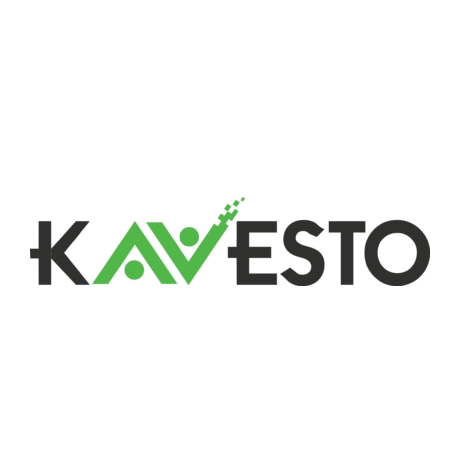The leader's guide to effective quality management
Quality management is a comprehensive approach that organizations use to ensure that their products and services meet consistent standards of excellence. It involves coordinated activities to direct and control an organization with regard to quality. This includes the establishment of a quality policy, creating and implementing quality planning and assurance, and quality control and quality improvement.
Quality management is critical for businesses seeking to establish a competitive edge, maintain customer satisfaction, and comply with regulatory requirements. It is a key factor in managing risk, reducing waste, and ensuring that the end product or service is fit for its intended purpose.
Key Principles of Quality Management
The primary focus of quality management is to meet customer requirements and strive to exceed customer expectations. Satisfied customers are likely to return and recommend your services, which can lead to increased market share and revenue.
Leadership within an organization should establish a clear vision of the organization's future and set challenging goals. They should create and maintain an internal environment where employees can become fully involved in achieving the organization's objectives.
It is essential that employees at all levels are competent, empowered, and engaged in delivering value. Their full involvement enables their abilities to be used for the organization's benefit.
Understanding and managing interrelated processes as a system contributes to the organization's effectiveness and efficiency in achieving its objectives.
Successful organizations have an ongoing focus on improvement. Regular improvement of the organization's overall performance should be a permanent objective of the organization.
Decisions based on the analysis and evaluation of data and information are more likely to produce desired results.
An organization and its external providers are interdependent, and a mutually beneficial relationship enhances the ability of both to create value.
Strategies for Implementing Quality Management
A quality management plan is a document that defines the quality standards for your project and outlines how those standards will be met. It is a critical step in ensuring that quality objectives are integrated into the planning and decision-making processes.
Quality objectives should be clear, measurable, and consistent with the quality policy. They should be communicated across the organization and updated as needed.
Training is crucial to ensure that all employees understand the quality standards and their role in achieving them. Involving employees in quality initiatives can lead to greater engagement and ownership of quality outcomes.
Continuous improvement is a fundamental part of quality management. Encouraging innovation and being open to new ideas and approaches can lead to significant improvements in quality.
Quality Management Systems (QMS)
A Quality Management System (QMS) is a formalized system that documents the structure, responsibilities, and procedures required to achieve effective quality management. There are several frameworks available, but they all share common elements.
The ISO 9001:2015 standard is an international standard that specifies requirements for a QMS. Organizations use the standard to demonstrate the ability to consistently provide products and services that meet customer and regulatory requirements.
Integrating a QMS into the core business processes ensures that quality management is a central component of the organization's strategic direction.
Monitoring and Measuring Quality Performance
Key Performance Indicators are crucial for assessing the effectiveness of the quality management system. They help in tracking progress towards quality objectives and identifying areas for improvement.
Regular internal audits and management reviews are essential to ensure the QMS is functioning effectively and to identify opportunities for improvement.
Gathering and analyzing customer feedback is vital for understanding customer satisfaction levels and making informed decisions to enhance quality.
Challenges in Quality Management
Implementing a new quality management system or making changes to an existing one can meet with resistance from employees. Leaders must be prepared to manage this change effectively.
Maintaining a consistent approach to quality across all departments and processes can be challenging, especially in larger organizations.
As businesses expand globally, they must navigate different quality standards and regulations across various markets, which can be complex and demanding.






Comments (0)